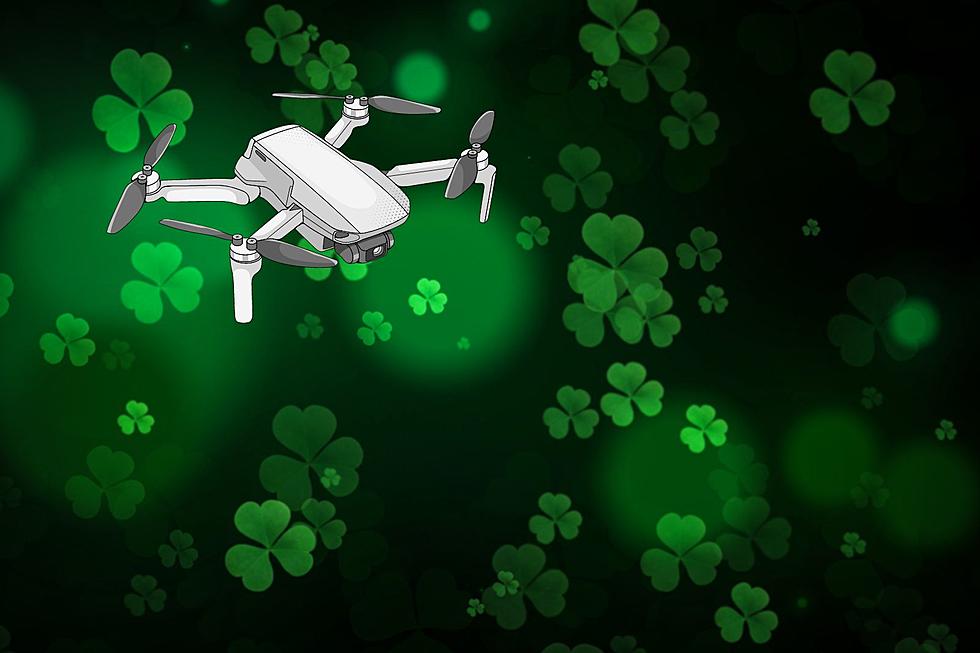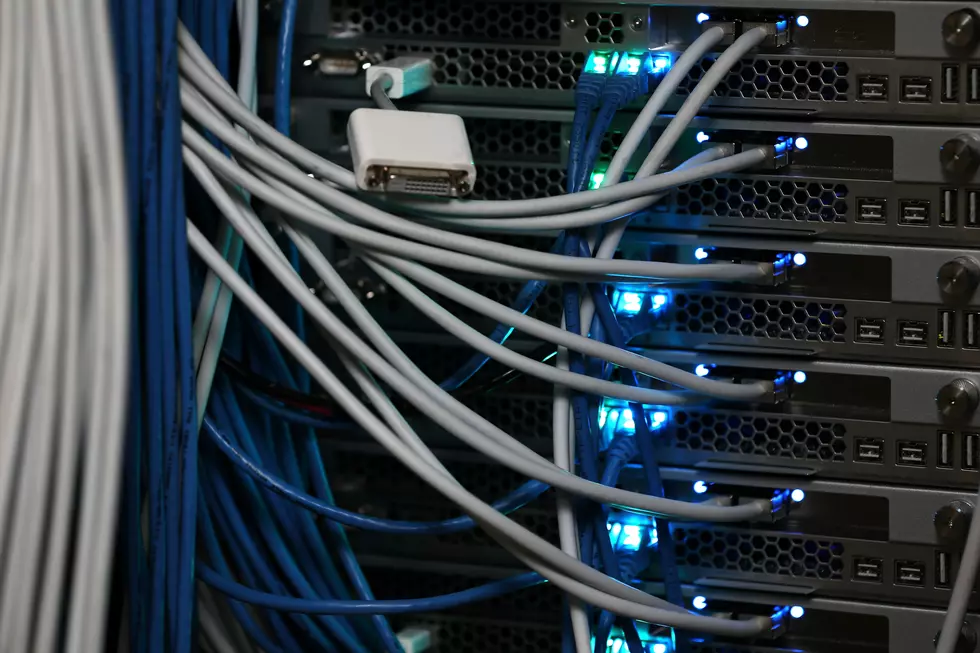
FCC May Eliminate TV Sports Blackouts
Big changes may be in store for sports fans who miss out on televised games due to TV blackouts.
TV sports blackouts began in 1975. The blackouts can prohibit broadcasters from televising games which are not sold out.
Washingtonpost.com explains how games that are currently subject to blackout could be shown in local markets:
The proposal does not technically ban blackouts, which are negotiated privately between sports leagues and their broadcast partners.
But the rule would enable a workaround. Cable and satellite companies could carry the signal of a distant station — outside of the blacked out region — that is airing the game.
The FCC explained their reasons for reconsidering blackout rules.
Thehill.com has the FCC's statement:
"Changes in the sports industry in the last four decades have called into question whether the sports blackout rules remain necessary to ensure the overall availability of sports programming to the general public," the commission wrote in the notice of proposed rule-making, which was approved Wednesday.
"In this proceeding, we will determine whether the sports blackout rules have become outdated due to marketplace changes since their adoption, and whether modification or elimination of those rules is appropriate."
Increases in ticket prices and sports broadcasting outlets are both parts of the "marketplace changes" since the blackout rules were adopted in 1975.
In May, Senator John McCain (R-Arizona) introduced a bill that would have ended TV sports blackouts. He is among the supporters of the FCC's decision to consider changing the blackout rules.
The NFL is opposed to any changes to the blackout rule.
I think it's time to get the FCC out of the business of enforcing TV blackouts. Whether or not that means the end of TV blackouts should be left up to broadcasters and sports leagues.
More From 100.5 FM The River







![Open Internet Might be Dead Thanks to Federal Appeals Court Ruling [Video]](http://townsquare.media/site/390/files/2013/04/Internet.jpg?w=980&q=75)

